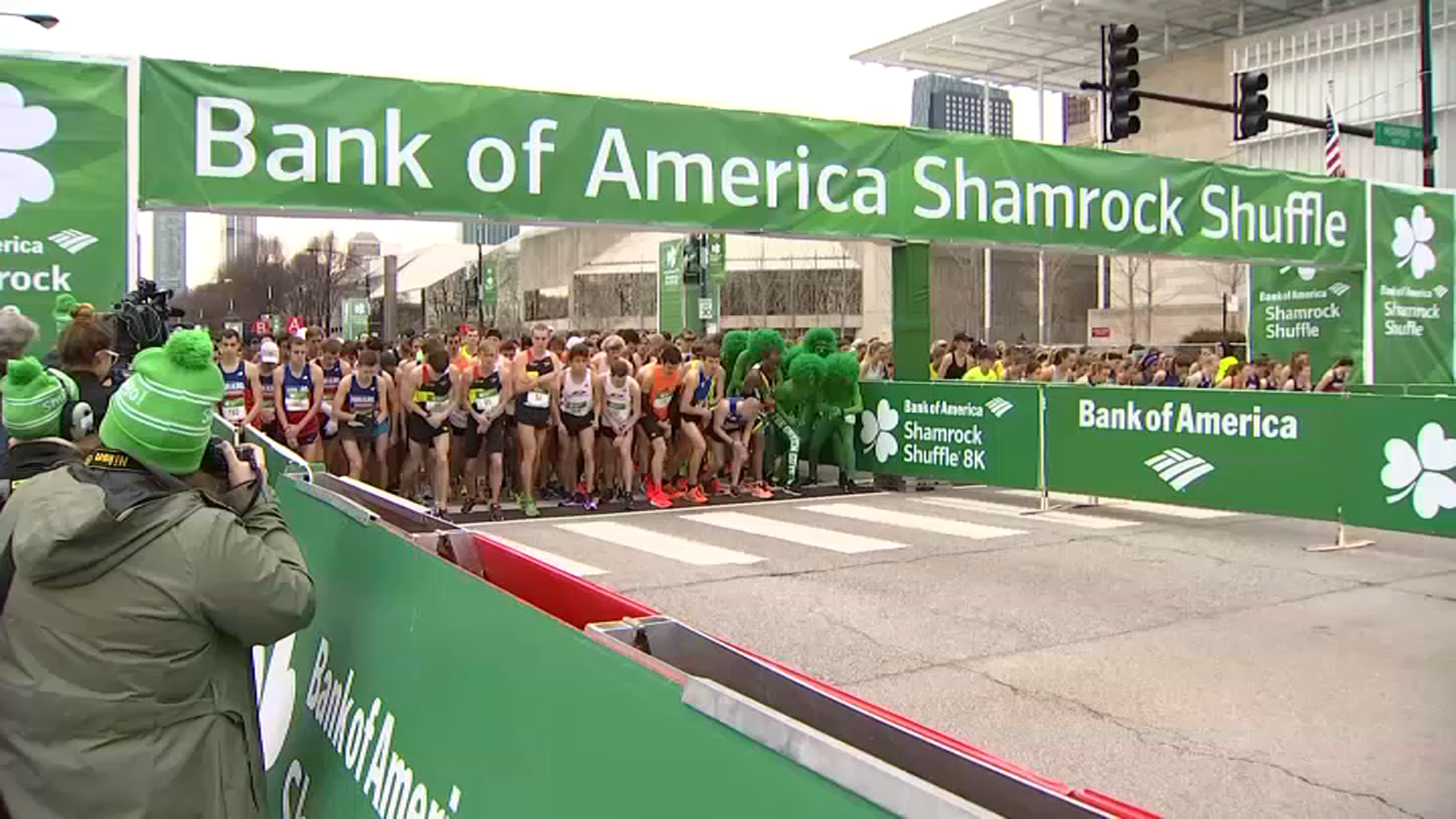Republican voters gave Gov. Bruce Rauner another chance in Springfield Tuesday by a slim margin, the Associated Press projected, as the incumbent won his party’s nomination despite a strong challenge from the right. Katie Kim reports.
Primary election battles typically include the sacred tradition of a concession phone call with a promise to come together in the general.
Not so in the Republican race for Illinois governor.
Gov. Bruce Rauner held on to the nomination Tuesday, winning by a razor-thin two-point margin over his conservative challenger state Rep. Jeanne Ives.
For a well-funded incumbent, Rauner came stunningly close to being ousted by members of his own party - some of whom it would appear may not coalesce around him come November.
The race was ugly from the start and didn’t end much better, as the two candidates did not speak on election night nor the following day.
A spokeswoman for Ives’ campaign confirmed Wednesday afternoon that she and Rauner had still not been in contact – and had no plans to speak in the future.
“Why would she talk to him after the disrespect he showed last night announcing victory before all of the counties were in - without a call to the campaign, after he poured millions of dollars into an attack campaign that flat-out lied about her, and after he dispatched his slimy operatives to the media last night to disparage Ives, her campaign and all of her conservative supporters?” Ives’ spokeswoman Kathleen Murphy said in a statement.
Local
“She has no reason to believe or trust anything he says,” Murphy continued.
Rauner emerged to deliver an election night victory speech on Tuesday before the race had been officially called in his favor.
“I am honored and humbled by this victory,” Rauner said Tuesday night, claiming victory with a slim lead and even as voting machine problems delayed results from DuPage County – Ives’ home territory that she ultimately carried by four points.
“You have given me the chance to win the battle against the corruption that plagues Illinois. Thank you,” Rauner continued, adding, “This primary election was hard fought, yes. I want to congratulate my opponent on her principled stand.”
“For those of you around the state of Illinois who wanted to send me a message, let me be clear: I have heard you,” he said.
Rauner initially dismissed Ives as a “fringe candidate” before pivoting to take her more seriously after she garnered the support of various conservative organizations, and even some of his former backers that sought to take down the first-term governor from the right.
For her part, Ives publicly mulled a run for months before tossing her hat in the ring, saying her decision was sparked in part by Rauner’s signing of a measure to allow Illinois to cover abortions for state employees and Medicaid recipients, as well as his approval of an education funding reform plan and a bill to make Illinois a so-called "sanctuary state.”
The race ended much closer than most anticipated, including Rauner – a largely self-funding billionaire who spent a record-breaking $65 million on his entire 2014 campaign and reloaded his committee with another $50 million in December 2016.
Rauner bought $16.7 million in airtime throughout the primary in comparison to Ives’ $2.9 million, media tracking firm Advertising Analytics found – but won by a relatively slim margin of less than 20,000 votes.
In a Wednesday morning television appearance, Rauner admitted that he had “not spoken yet” with Ives after a “very difficult” race.
“Primaries are divisive,” Rauner said, adding, “but now is the time to move past that to come together.”
“I look forward to visiting with the representative, visiting with those who are hurt or have their feelings challenged by the difficulties of a primary, and find common ground,” he added.
Rauner’s campaign has reached out to Ives, but in a radio interview Tuesday, Ives made it clear she felt no obligation to respond.
“Gov. Rauner can talk to himself in the mirror and look at himself and decide whether or not he’s proud of what he’s done all around, from his governorship to the way that he ran this campaign,” she said, adding, “I really don’t care to say anything to the governor at this point, quite frankly.”
In her election night speech, Ives admitted that her “revolt against the political ruling class fell just a bit short” but the conservative fight was not over.
“We had no money, we had no team, but we had a lot of grassroots supporters who knew that we needed to stand up once and for all against people who did not adhere to our policy and our party’s platform,” she continued.
“Bruce Rauner thought he could get away with his betrayals,” Ives said, but she added, “a day of reckoning is coming.”
Since claiming victory, Rauner has repeatedly vowed that it’s on to November – but as he will face billionaire Democrat J.B. Pritzker in what's known to be a solidly blue state, it remains to be seen whether the conservative base will turn out to give him another chance in Springfield.



